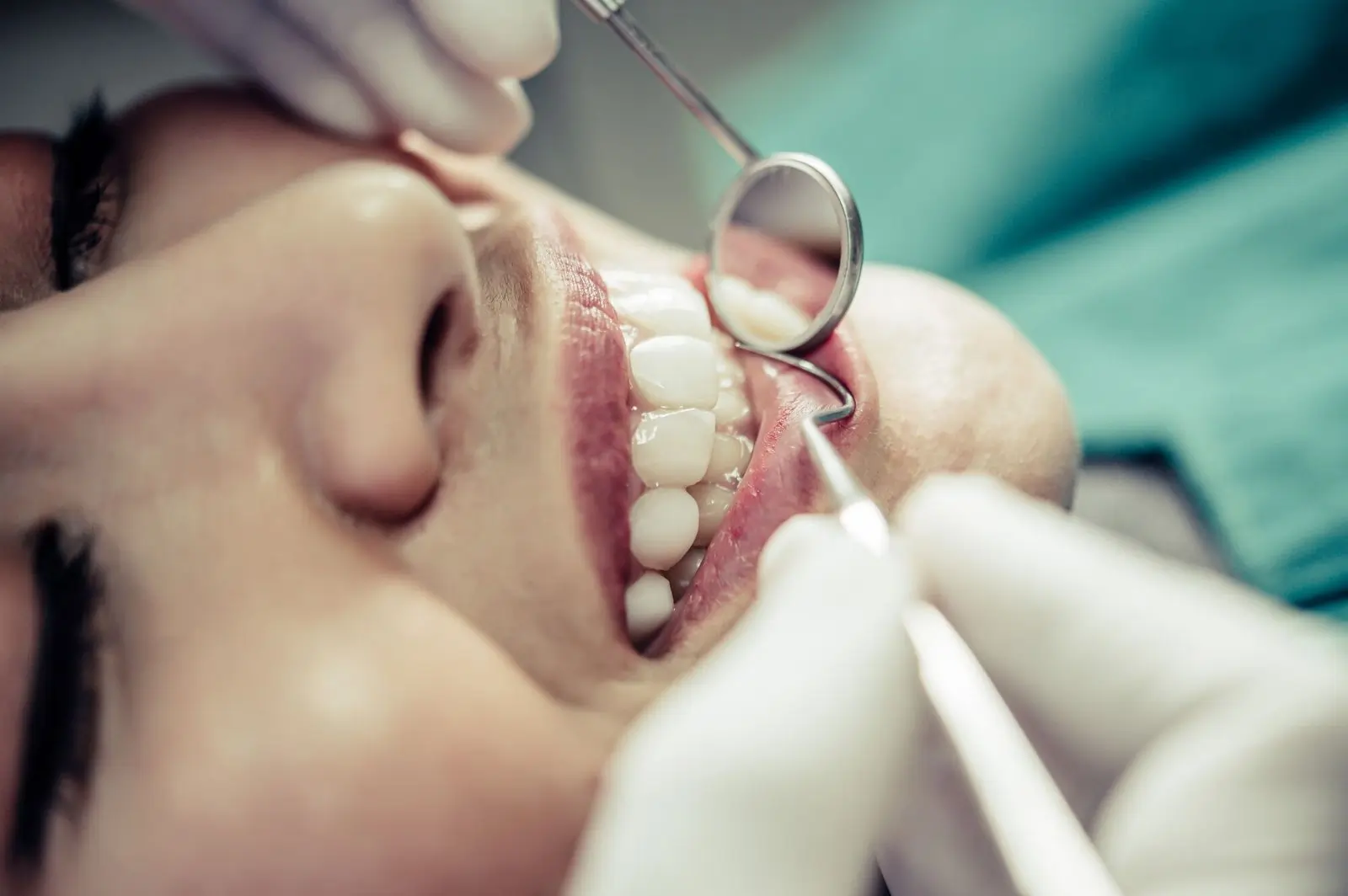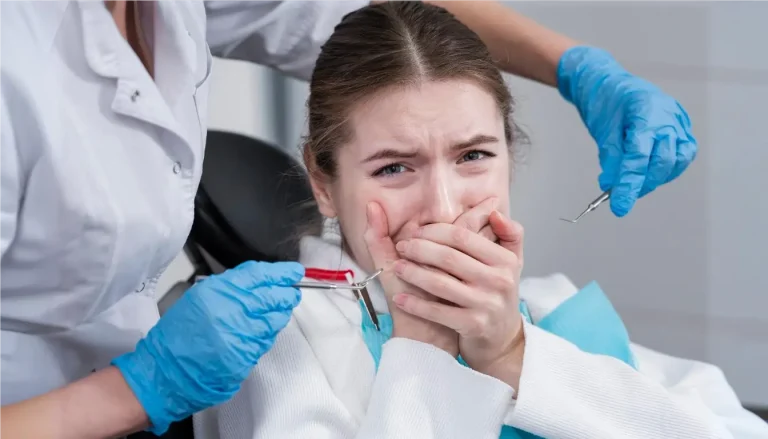Information about the condition of our internal organs can be obtained not only through laboratory tests but also through our teeth. A detailed examination of the oral cavity is enough to gather a lot of information about the state of the heart, digestive system, or other organs.
What are the biophysical mechanisms of this interaction, and is it possible to predict various diseases by examining the teeth? Many of us are familiar with the unbearable feeling of toothache when it seems like our head, heart, and stomach hurt along with the tooth.
For example, gallbladder problems may cause the loss of the back seventh tooth, while constantly infected canines may indicate the risk of hepatitis. However, it should also be noted that medicine neither confirms nor denies this connection, as there is a lack of relevant studies and conclusions that would allow professionals to rely on them.
Accordingly, only a specialist and a detailed examination can provide the full picture of which tooth is connected to which organ and what kind of problem it may signal.
From the perspective of official (academic) medicine, any inflamed tooth that serves as a source of infection — the so-called chronic focus — is dangerous for the entire body.
Problematic teeth (with cavities, decayed or half-destroyed) lead to a general weakening of the immune system or the development of infections in various organs. It can be stated with certainty that during dental inflammation, toxin-containing substances enter the gastrointestinal tract.
This leads to various diseases (depending on the person’s immune system), ranging from common constipation to gastritis. However, proving a link between inflammation of incisors and osteochondrosis is difficult for any dentist.
Painful symptoms affect the entire body when a person has a toothache. This is followed by headaches, and even issues with the intestines, liver, and heart.
The point is that the tooth nerve sends signals to areas of the brain in the central nervous system and is connected to the nuclei of neighboring nerve cells, which respond to the pain and transmit signals to other organs.
Moreover, the pathways of pain transmission are individual for each person. But in risk groups, the first to be affected are the problematic or already unhealthy organs.
We can take into account the following:
- Canines are responsible for the liver and gallbladder. They can indicate hepatitis.
- Premolars (small molars) are messengers of the lungs and large intestine. Problems related to them may be linked to dysbiosis, colitis, allergies, chronic bronchitis, or pneumonia.
- The condition of the upper and lower front teeth (incisors) can tell us about the kidneys, bladder, ears, and reproductive system.
- Molars (large back teeth) are associated with the stomach, liver, and pancreas. Therefore, the possible list of related diseases includes: gastritis, ulcers, pancreatitis, anemia, sinusitis, tonsillitis, endocrine system disorders, atherosclerosis, varicose veins, and others.
- Wisdom teeth “govern” the condition of the heart, blood vessels, and small intestine. Thus, dental care may even assist in the treatment of ischemic heart disease and congenital heart defects.
- Joint pain is reflected in the condition of the upper and lower jaw front teeth.
Consultation at Eskulapi is free. For more information, message us on our Facebook page or call us:





